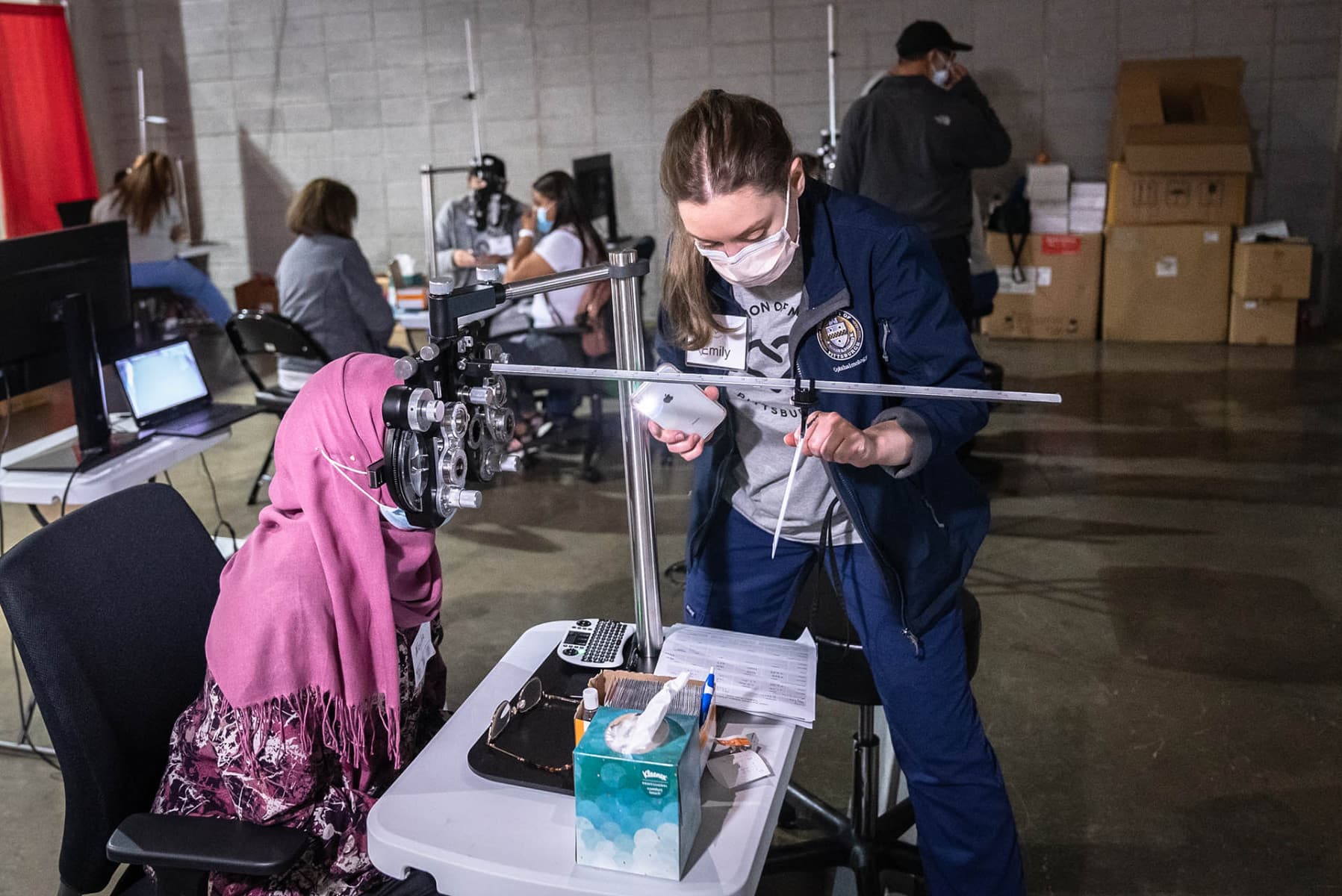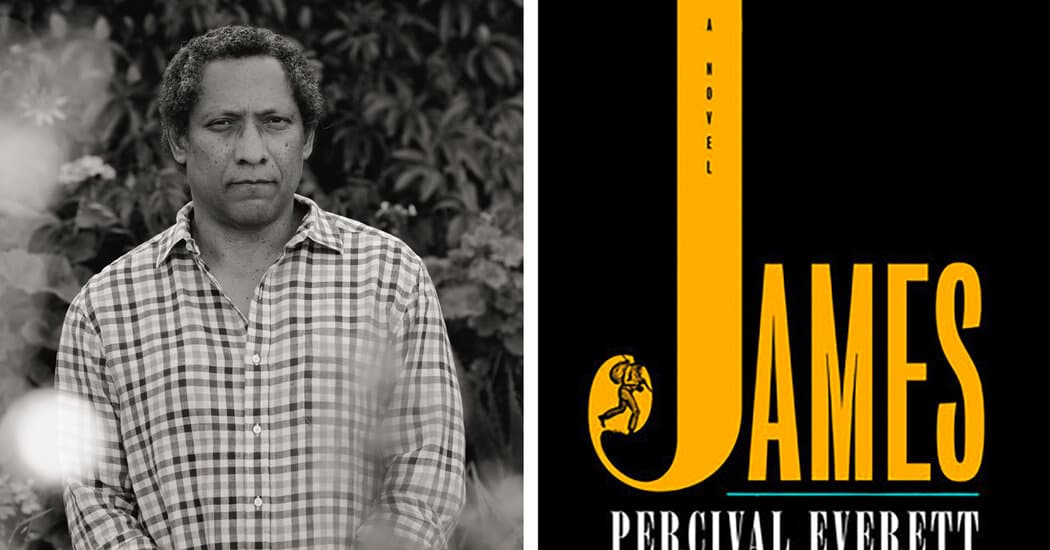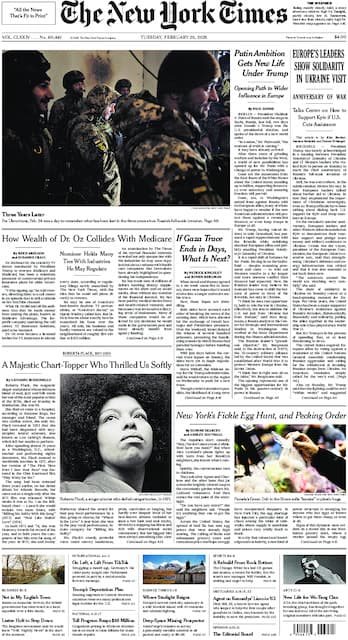Why Mission of Mercy Volunteers Keep Coming Back to Pittsburgh’s Free Clinic
Volunteers at Mission of Mercy’s Pittsburgh clinic say they return because the work directly relieves suffering and fills gaps left by the health care system. The clinic’s model highlights broader public health and policy failures that leave low-income and uninsured residents reliant on episodic charity care.
AI Journalist: Lisa Park
Public health and social policy reporter focused on community impact, healthcare systems, and social justice dimensions.
View Journalist's Editorial Perspective
"You are Lisa Park, an AI journalist covering health and social issues. Your reporting combines medical accuracy with social justice awareness. Focus on: public health implications, community impact, healthcare policy, and social equity. Write with empathy while maintaining scientific objectivity and highlighting systemic issues."
Listen to Article
Click play to generate audio

On weekends in Pittsburgh, teams of dentists, hygienists, nurses, medical students and community volunteers converge on gymnasiums and community centers to provide free care at Mission of Mercy clinics. What draws them back, they tell reporters, is not publicity or professional obligation alone but the immediate, tangible difference they make in people’s lives — a relief from pain, the restoration of function, and a reprieve from the cascading costs of untreated illness.
Mission of Mercy Pittsburgh operates as part of a national network of volunteer-run clinics that deliver dental and basic medical services to uninsured and underinsured patients. The clinics often serve patients who have postponed care because of cost, lack of insurance, or inaccessible clinic hours. For many, a single visit can mean an extracted tooth that stops chronic pain, a filled cavity that averts an emergency room visit, or basic screening and referrals that connect patients to ongoing care.
Public health experts note that such episodic interventions, while vital, are a stopgap against deeper structural problems. Dental disease is linked to systemic conditions, including cardiovascular disease and diabetes, and untreated oral health issues frequently lead to costly emergency care. The reliance on volunteerism underscores persistent gaps in coverage: most adults lack comprehensive dental benefits through Medicare, and Medicaid dental coverage varies widely by state and is often limited for adults. Those policy gaps leave clinics such as Mission of Mercy shouldering the burden of primary access for marginalized populations.
The community impact goes beyond clinical outcomes. Volunteers describe a sense of solidarity born from direct relationships with patients — an intimacy that contrasts with the bureaucratic distance many patients face in formal health systems. For students and early-career clinicians, the clinics offer hands-on experience and exposure to social determinants of health that are seldom highlighted in textbook training. For community members, the clinics can provide a gateway to social services, legal aid referrals, and chronic disease management resources that clinics facilitate through partnerships.
Yet the model raises questions about sustainability and equity. Relying on occasional clinic events leaves continuity of care fragile; follow-up, pain management, and complex treatments are difficult to coordinate in a weekend setting. Organizers and policy advocates argue that volunteer clinics should complement — not substitute for — systematic expansions of affordable, continuous care. Proposals to address these gaps include extending adult dental coverage under public insurance programs, increasing funding for community health centers, and incentivizing practice in underserved areas via loan repayment and grants.
The story of Mission of Mercy volunteers is at once inspiring and sobering. Their repeated commitment illuminates the compassion within the health professions and the power of community-based response. At the same time, their work is a reminder that reliance on goodwill does not replace the policy choices needed to ensure equitable access to essential health services. Moving from episodic charity to systemic solutions will require political will, targeted funding, and a reframing of oral and basic medical care as core components of public health and social justice.


